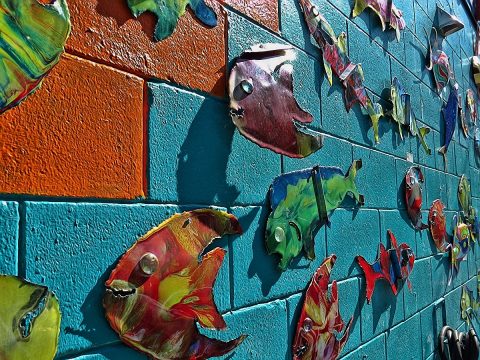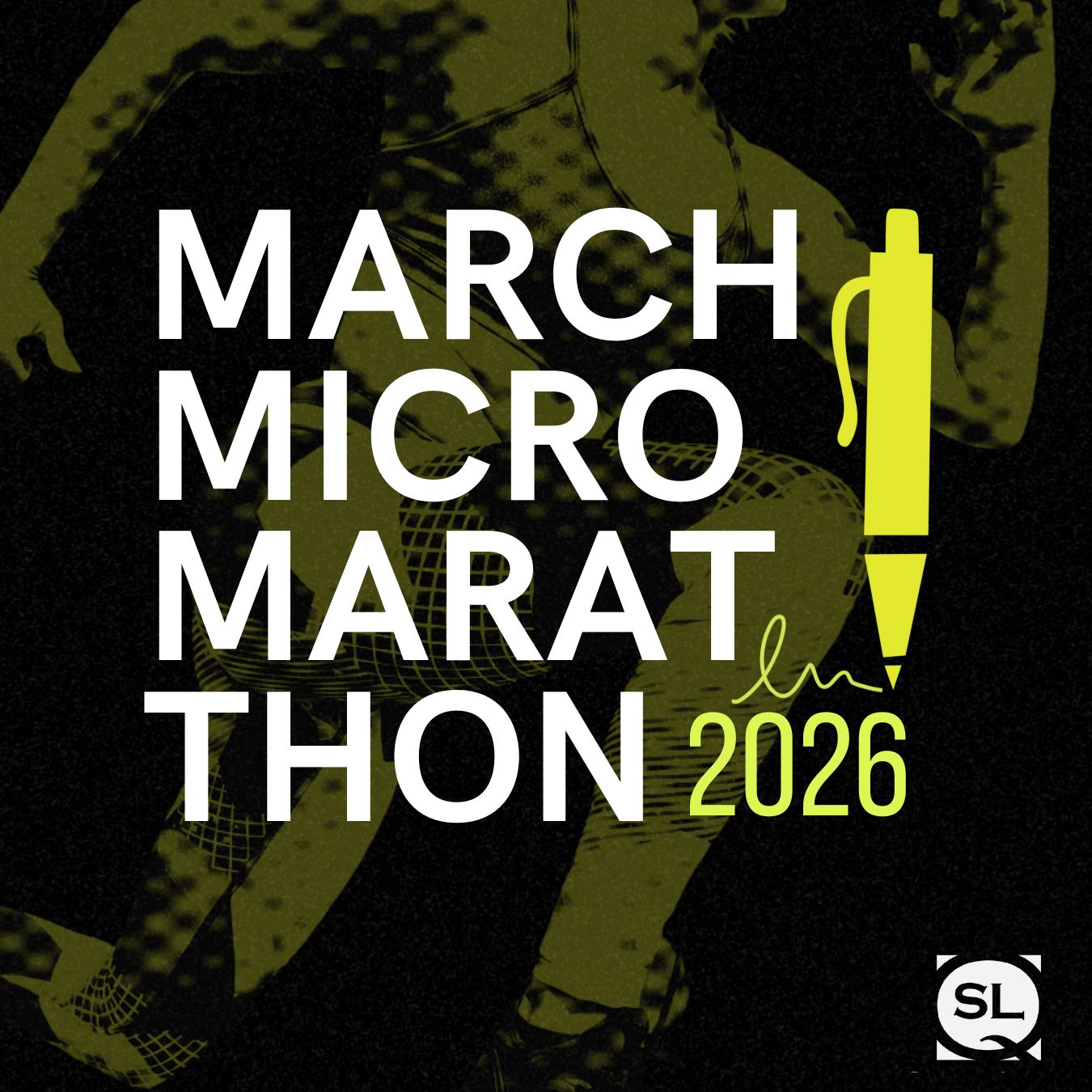I loved the juxtaposition between the physical imagery in “Independence Day”–the flooding town and the aerial fireworks. Did one of these images spawn the story, or both?
It was actually the house that spawned the story, I think. A few years ago, when I was still pretty new to Tennessee, I was living in a house much like the one in the story: no gutters, gaps between the walls and the floors in some places (the heating bills were a nightmare!), suspected sinkhole in the backyard. We moved in just a few days before the 4th of July, and I have this memory of sitting on the porch watching the rain fall off the house in sheets and listening to the fireworks. So when I sat down to write this story, I really started there.
A year before I moved to Nashville, the area had these 1,000-year floods. Whole sections of the city were underwater, and everyone had these stories of their cars being swept away, their homes destroyed. So those images were still very much in my mind during my time in that house, and they made their way into the story.
What was the “a-ha” moment for you when you were writing the story?
I think it was the moment I realized that something extraordinary and surreal needed to happen. Of course, fireworks don’t break dams, and houses don’t float intact for miles in a flash flood. But the image of the house floating away felt right to me. Up until the last paragraph, the landscape has only been threatening to the narrator in a metaphorical way. She’s afraid of falling back into her past; she’s afraid the relationship won’t hold. She could sit on that porch for years, being afraid. The flood sends her off on her own, whether she’s ready for it or not. In a way (to me at least), the end of a relationship can feel like this–it’s terrifying and exhilarating and out-of-control, but at least you’re moving.
Was there any part of the story that stumped you, or was particularly difficult?
I wouldn’t say there was one particular part of the story that was difficult. For me, the hardest part was taking all these images and threads and bits of information and figuring out how they fit together, so that each sentence turns on the one before it. I love flash fiction stories because they can be these beautiful little machines–there’s so much movement and counterbalance within a story, even if the story is about a moment of stillness. I typically work with much longer narratives, so the challenge for me is getting everything on the page that I want, and keeping it short. It’s like a puzzle.
I totally concur about flash stories being little machines. I think it’s fair to say that longer stories, even novels, grow out of flash–that one crystallized, distilled moment, a piece of glass that you then hammer and see where the cracks grow. Have any of your longer narratives grown out of such a moment?
Oh, I love that! I completely agree. Often my longer stories do start from such a moment, or build toward such a moment. I recently finished a novel manuscript that began that way — a kind of “point of no return” moment that grew into a story, then that story branched into a novel. You kind of just keep following those cracks.



 In its third year, The March Micro Marathon will be, as usual, a prompt-a-day whirlwind for 24 days. You’ll exchange drafts of micro fiction, non-fiction, and prose poetry in small groups and gather for a series of online events (all recorded for participants unable to attend live). We’ll finish with 3 competitions, and participants who are not already in SmokeLong Fitness will be invited to workshop with SmokeLong Fitness until the end of April!
In its third year, The March Micro Marathon will be, as usual, a prompt-a-day whirlwind for 24 days. You’ll exchange drafts of micro fiction, non-fiction, and prose poetry in small groups and gather for a series of online events (all recorded for participants unable to attend live). We’ll finish with 3 competitions, and participants who are not already in SmokeLong Fitness will be invited to workshop with SmokeLong Fitness until the end of April!